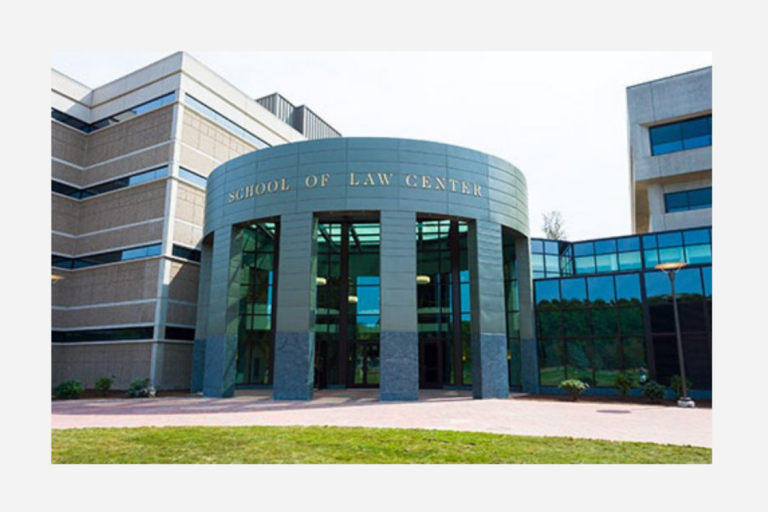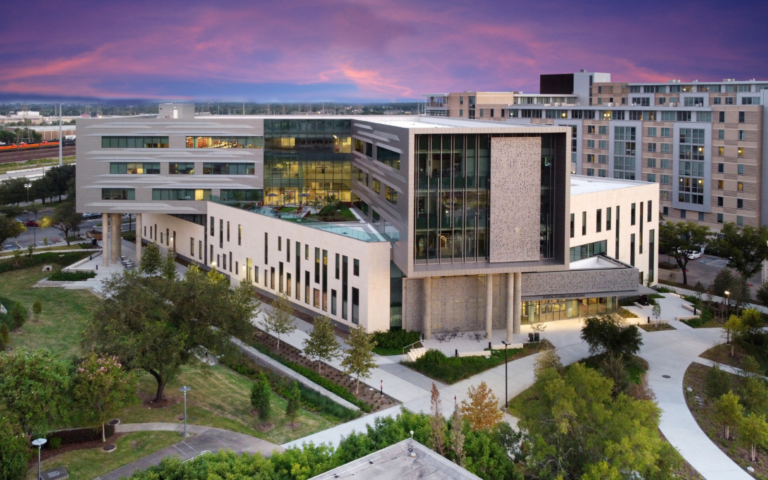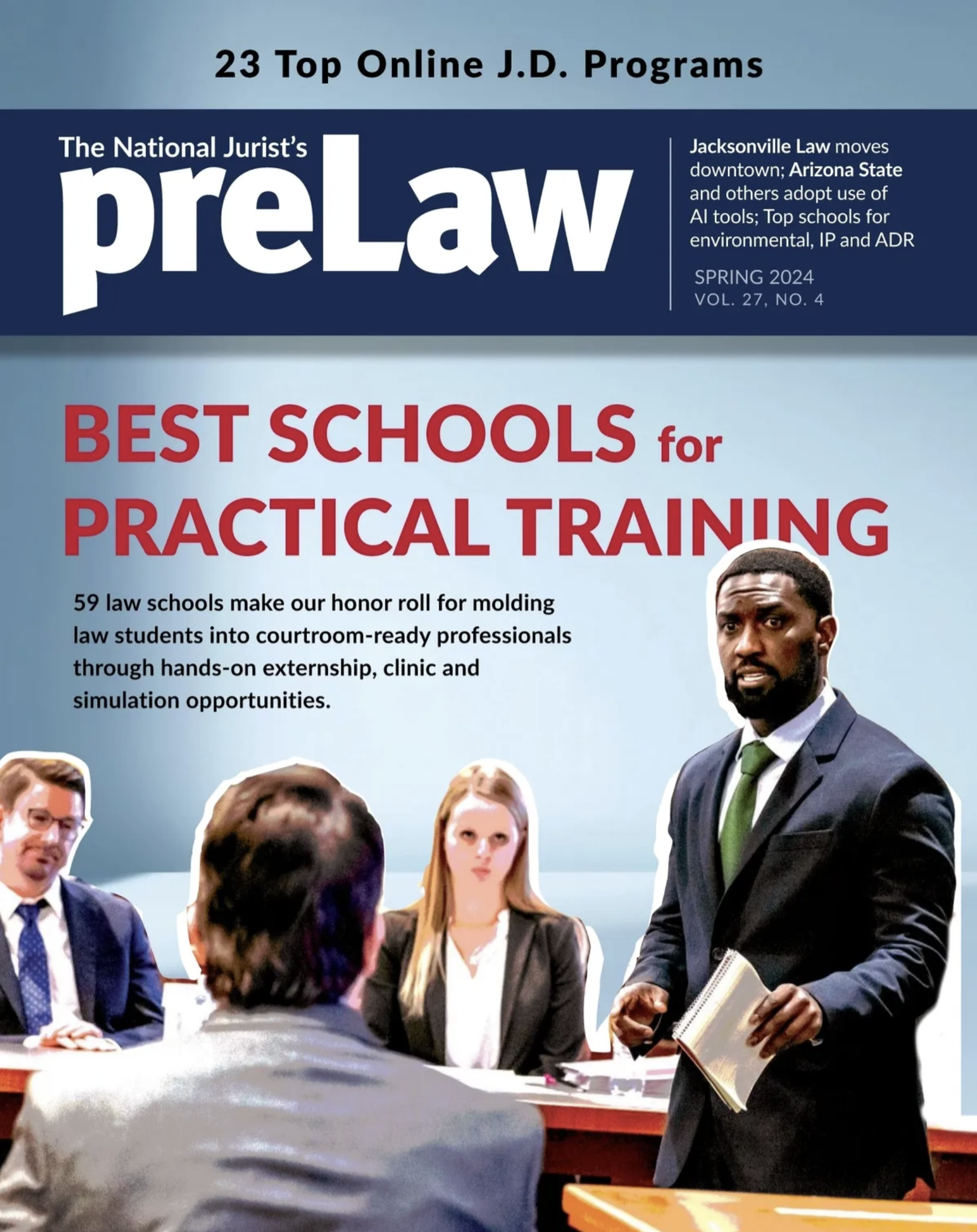Valparaiso University Board of Governors has directed the law school to suspend admissions, citing declining enrollment and “severe financial challenges.” Unless it finds a new parent university or is able to merge with another school, it will close after current students graduate.
The parent university’s decision came just days after the American Bar Association lifted a 2016 public censure for noncompliance with admissions standards. But the law school’s steps to bring it into compliance led the board of governors to believe the school would not be financially sustainable for some time.
The ABA censured the school in November 2016 due to poor bar exam performance and employment rates. To avoid probation, the law school held a hard line on entering credentials for the entering class of 2017. As a result, this year’s entering class had a higher LSAT median and GPA than in previous years. But it also enrolled a significantly smaller class. It has only 28 first-year students, down from 174 in 2014, 130 in 2015 and 103 last year.
“As the need for legal education continues to be challenged, we have taken numerous actions during the last several years to try to stabilize the law school’s financial situation,” said Frederick Kraegel, chairman of the board of directors of Valparaiso University. “Actions have included a reduction in employment levels last year in an attempt to align the school’s faculty and staff to its decreased student population. Despite these efforts, it is highly unlikely that the Law School’s operations will achieve financial stability.”
Valparaiso Law Dean Andrea Lyon said members of the law school community are upset, but have not given up hope.
“The decision was very upsetting,” she said. “Our faculty staff and students are very emotional.”
She said the Valparaiso administration is actively pursuing alternative arrangements that would allow the school to remain open. All options are on the table, including a merger or affiliation with another school, or a move to an geographic area with a greater demand for legal education. Valparaiso is 55 miles southeast of Chicago.
Valparaiso Law remains a fully accredited through 2021, and students enrolled have access to federal financial aid. It is still too early to know how many students will attempt to transfer, Lyon said, but it is expected that many first-year students will look to other institutions to complete their legal education. As for faculty, Lyon is hopeful they will remain with the school despite its uncertain future.
“The students currently enrolled will still get a full legal education and receive full support after graduation” such as career services and bar preparation, Lyon said. “We made a promise to them.”
Valparaiso Law was founded in 1879 and was one of the first law schools to be accredited by the ABA in 1929. Even in the midst of its troubles with ABA admission standards, Valparaiso scored an A+ for practical training by The National Jurist and was featured in the publication’s 20 Most Innovative Law Schools for its unique first-year experiential learning program.
The law school houses multiple clinics, including a civil law, criminal law and domestic violence clinic. Students have access to more than 190 externship opportunities. In addition to its traditional J.D. program, Valparaiso offers several joint degrees and an LL.M. degree in American Law for international lawyers.
“These financial circumstances do not diminish the law school’s proud legacy of more than 130 years and the thousands of successful law graduates who lead and serve around the world,” Kraegel said.
Valparaiso Law is just one of many law schools to be affected by the diminishing numbers of law school applicants, but it seems to have been the hardest.
The ABA censure was delivered to the law school in November 2016 following disappointing bar passage and employment rates. The average pass rate for the February and July 2015 bar exam was 63 percent, more than 16 percent less than the state average. The year before, pass rate was nearly 20 percent less than the state average. Just 35 percent of its graduates were employed in full-time, long-term jobs requiring bar passage.
To come back into compliance with ABA admission standards, Valparaiso had to improve its entering class profile. In 2016, incoming students had a median GPA of 3.02 and a median LSAT of 147. In the schools reliable plan, which detailed the steps the law school would take to comply with ABA standards, the goal was to increase the median LSAT score to 150.
The law school hit that goal. According to Lyon, the median LSAT score for the entering class of 2017 was a 151. But increasing the law school’s admissions profile came at a cost.






